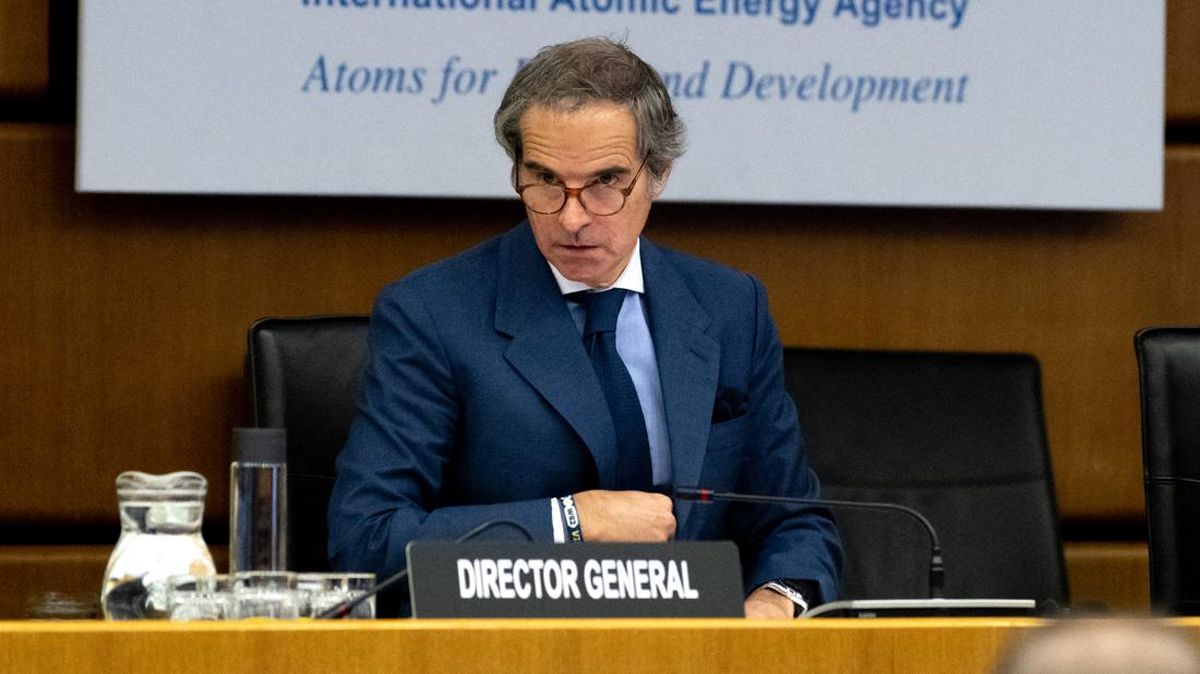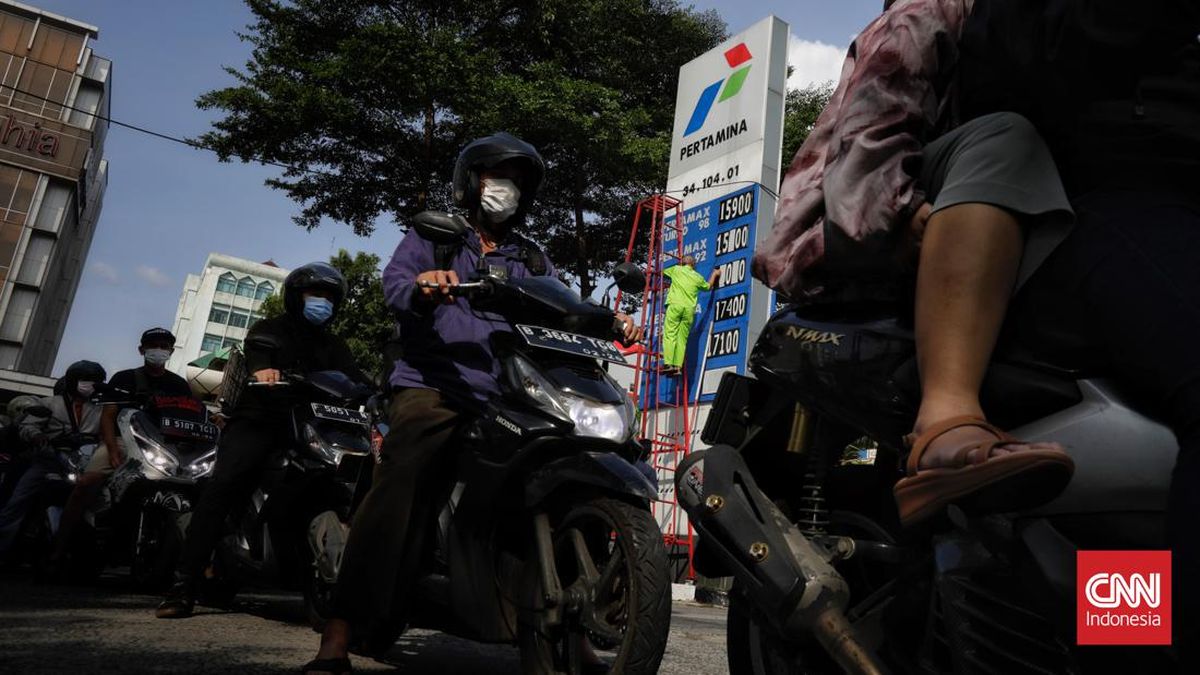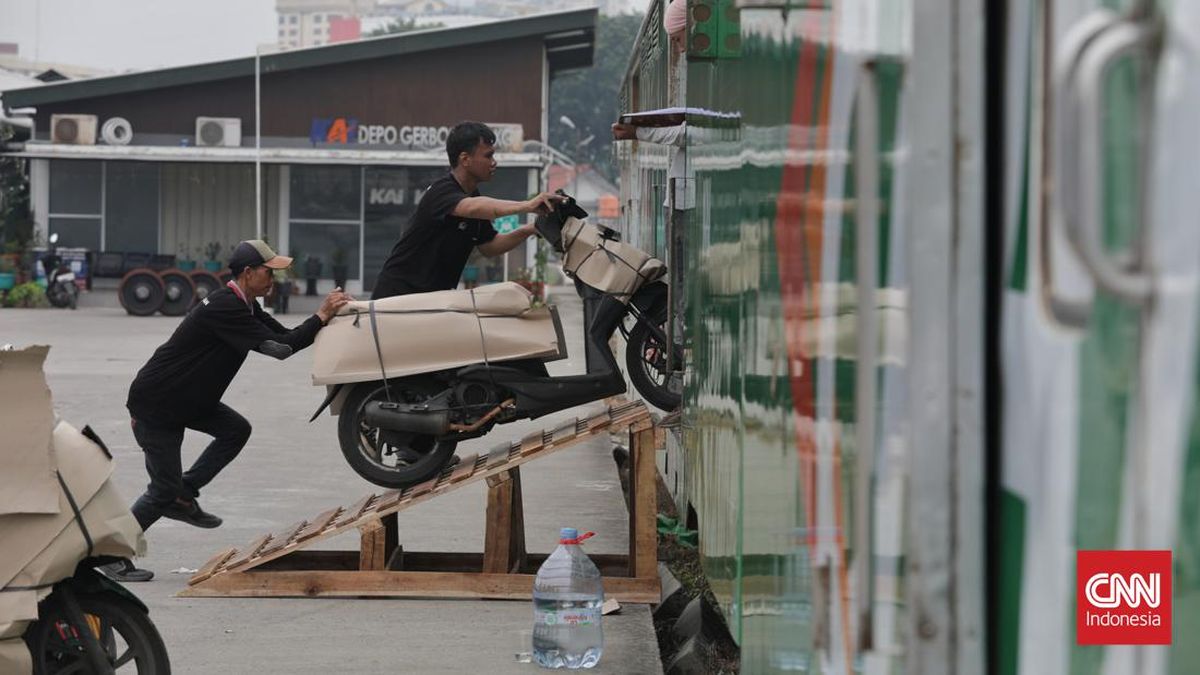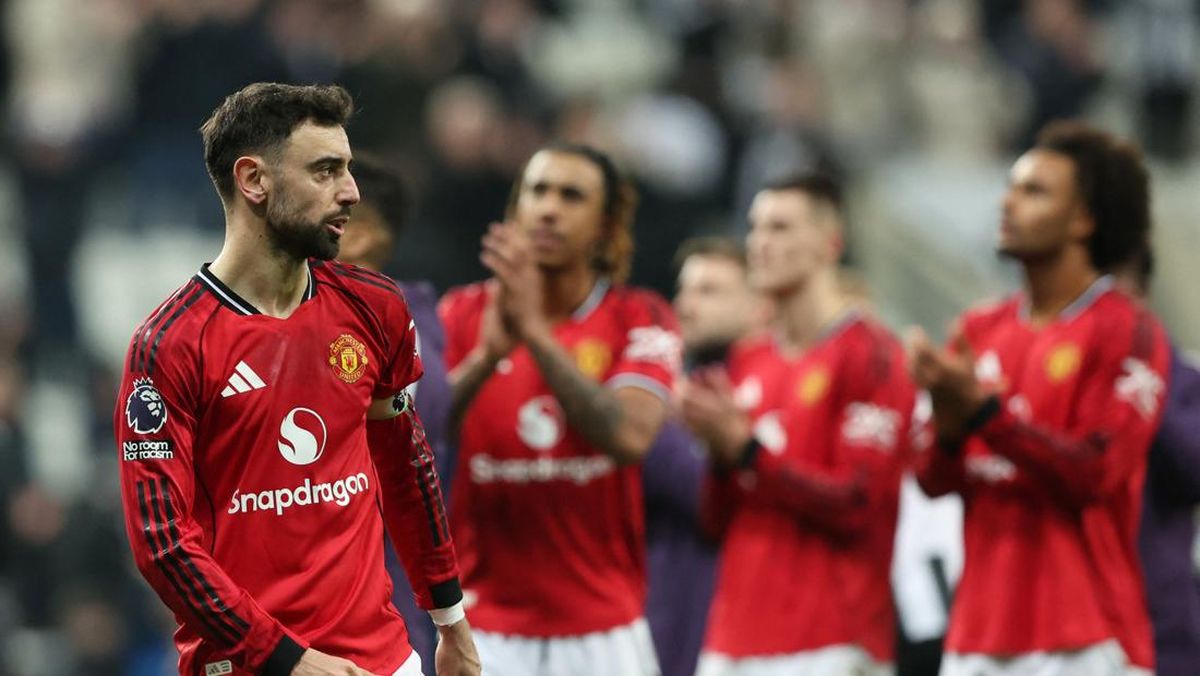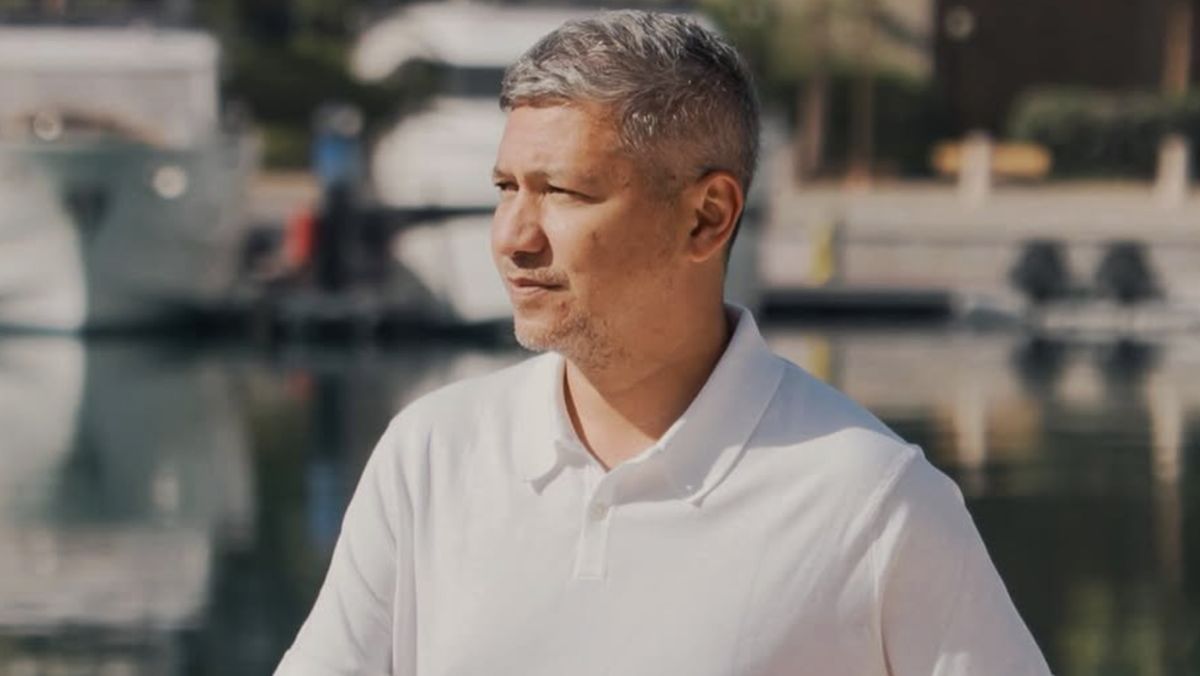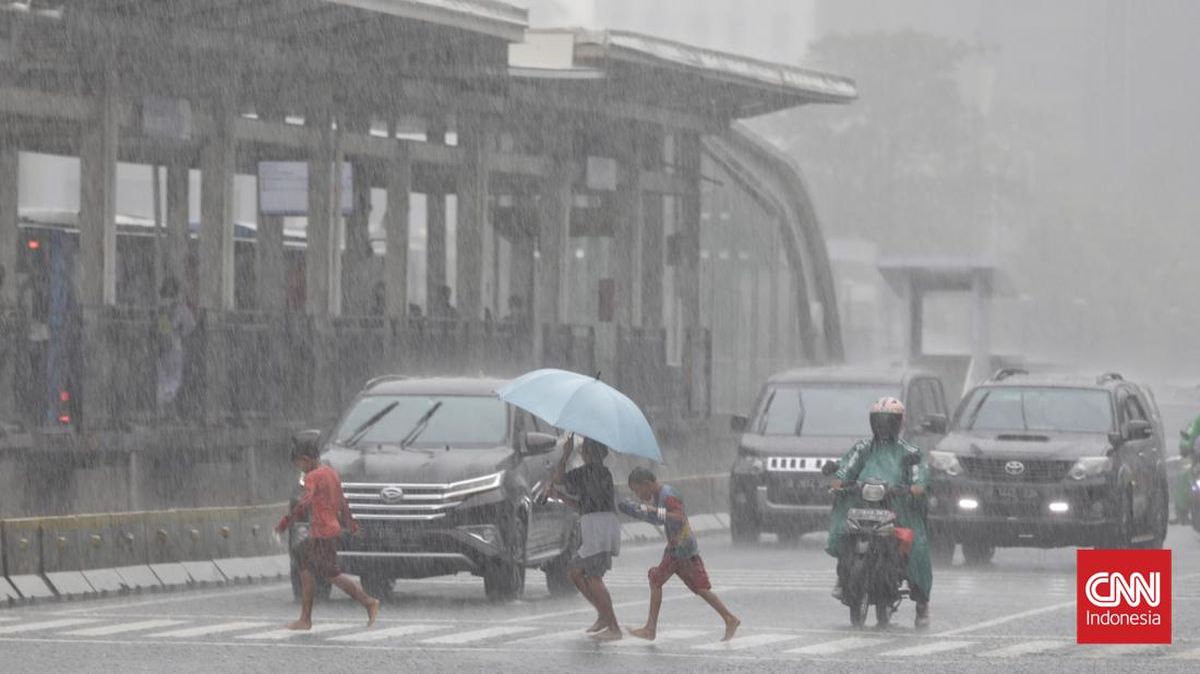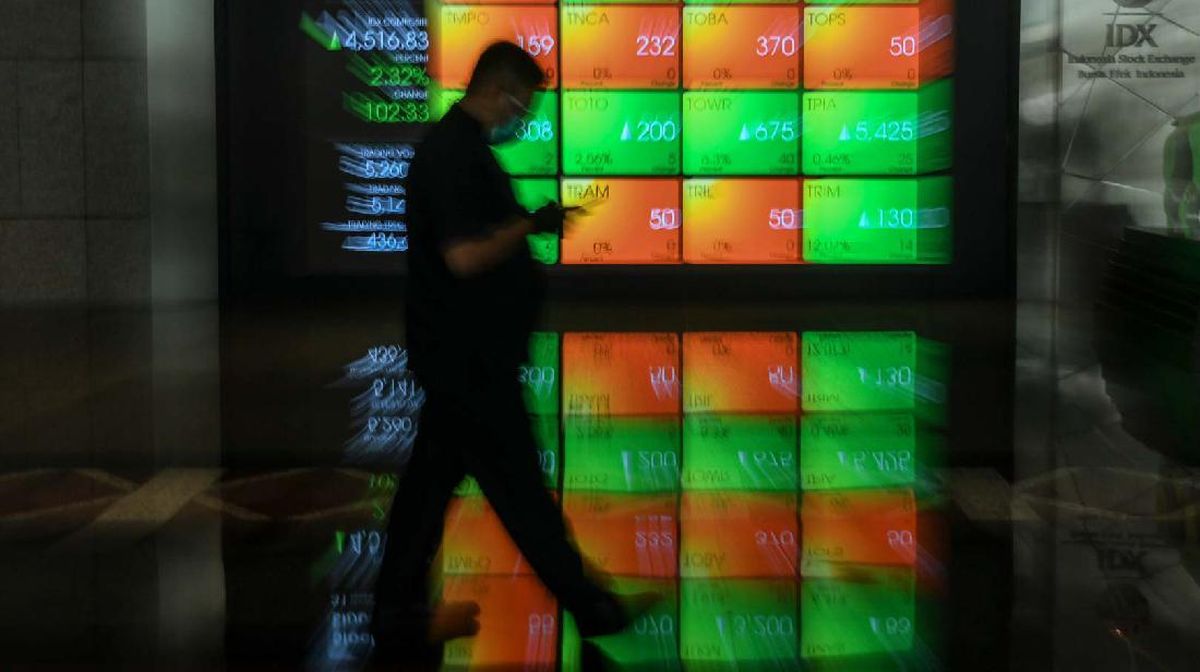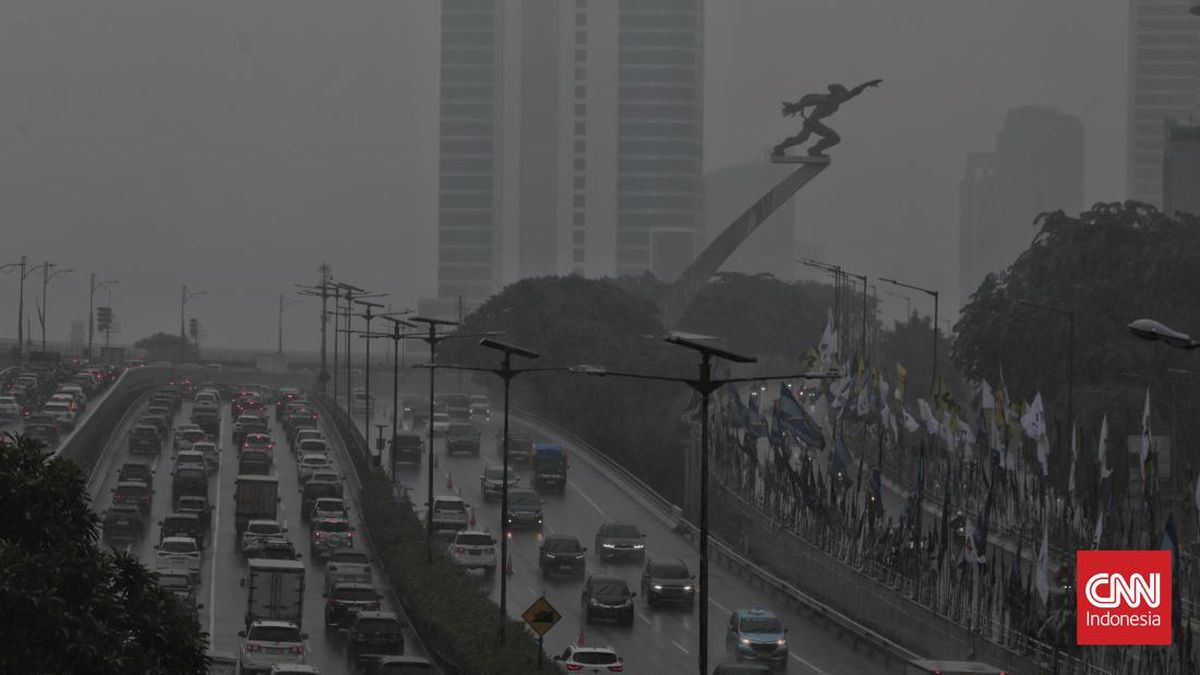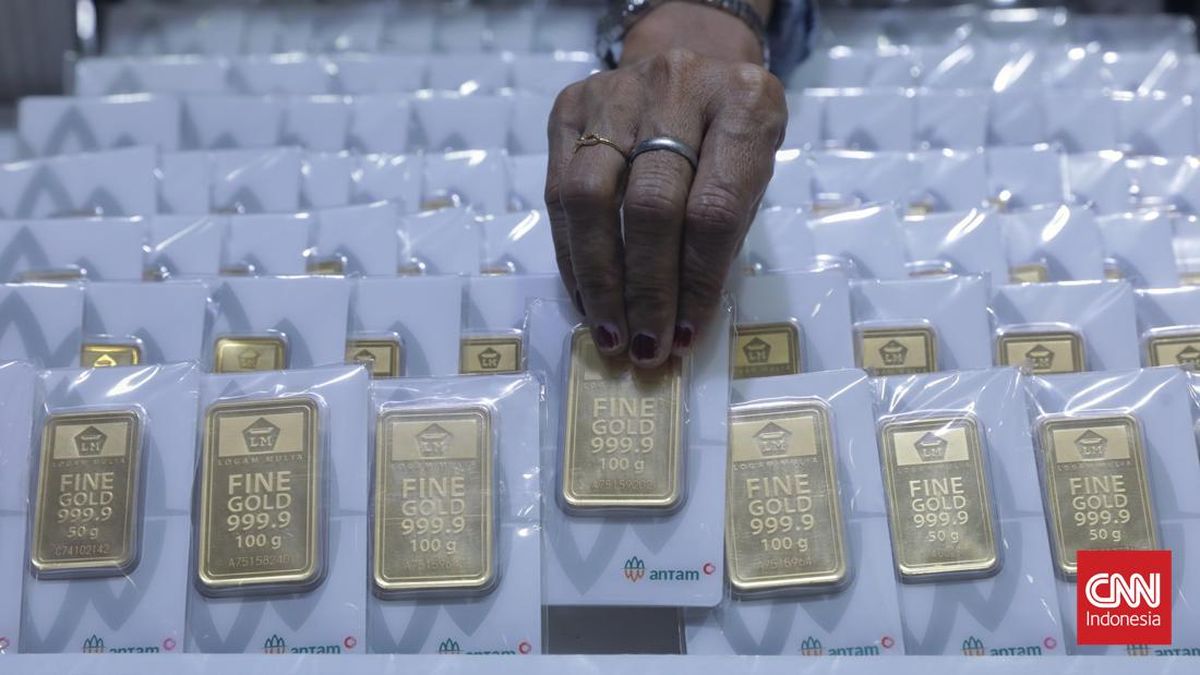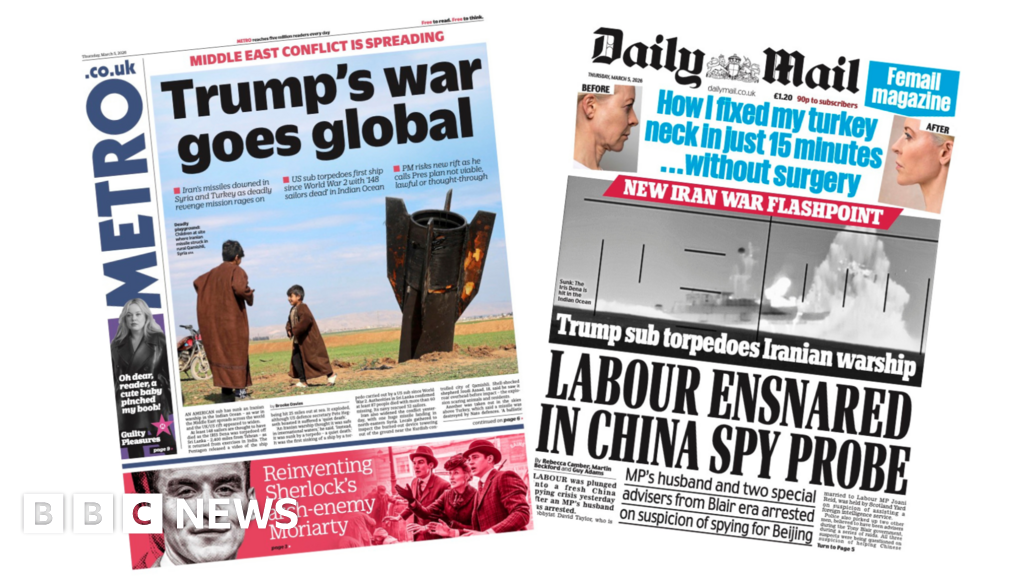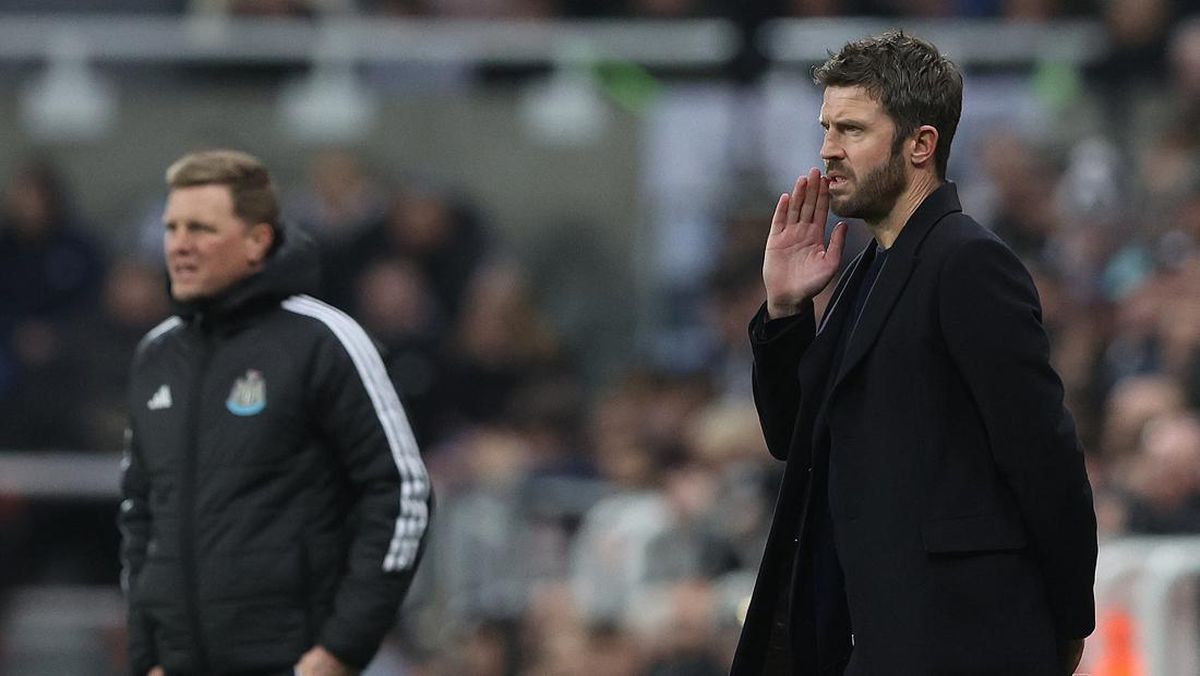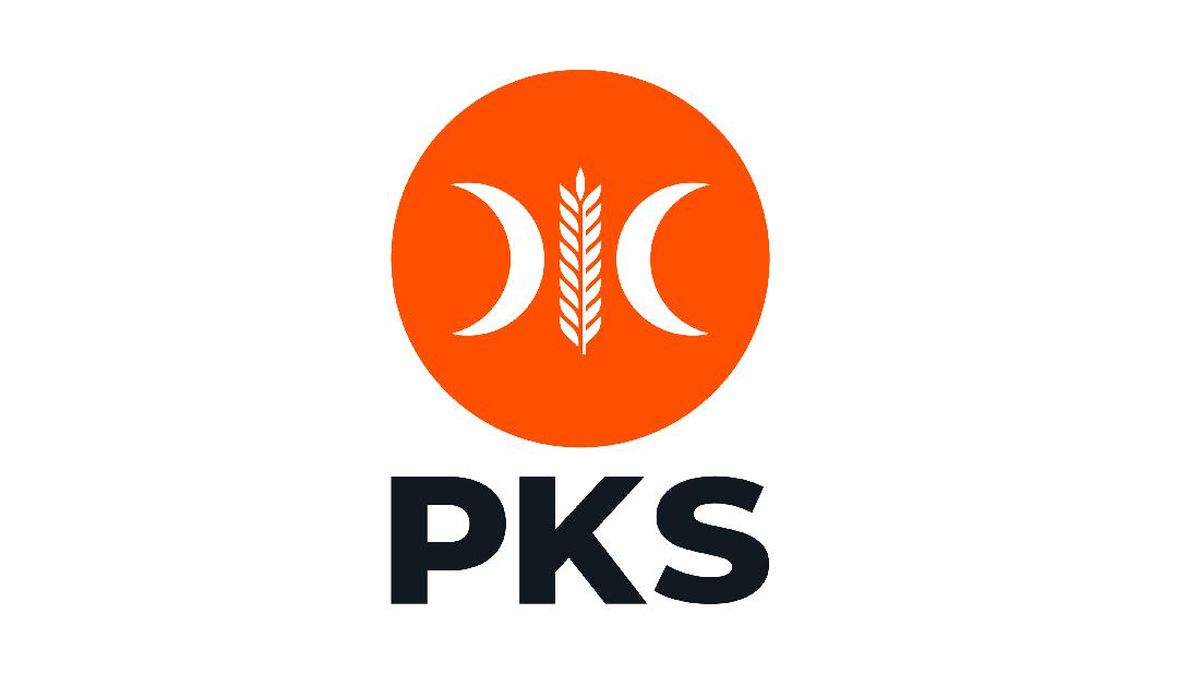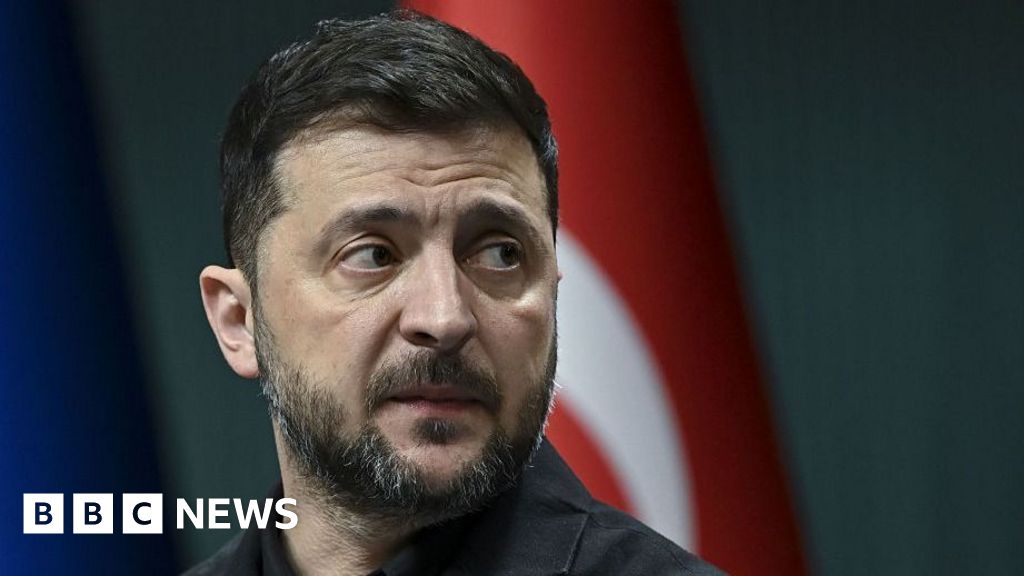Asia’s richest man is in a pickle. Keep the largest refinery in the world open to the rivers of cheap Russian crude oil buttressing his fortune, or bow to Donald Trump’s economic pressure and the shame-job of funding, indirectly, Vladimir Putin’s war machine?
With ramifications for global trade, war in Europe, and what you’re putting in your petrol tank, Mukesh Ambani, the $175 billion man of India’s sprawling Reliance Industries, is hedging his bets.
As first reported by this masthead, the company promised to stop taking Russian crude at its refinery in the special economic zone (SEZ) outside Jamnagar, a city in the western state of Gujarat. According to a Reliance spokesperson, this would mean that, from December 1, “product exports from [the] SEZ refinery will be from non-Russian crude oil”.

The Jamnagar refinery in India.Credit: Marija Ercegovac
This is significant for Australians because the facility exports huge volumes of energy products tainted with Russian oil – the tax revenues of which fund the killing of Ukrainians – to Victorian, NSW and Western Australian ports.
Analysts estimate that India, including a much smaller refinery in Mangalore, supplies about 10 per cent of Australian imported petrol and diesel.
In New Delhi this week to meet India’s Minister for External Affairs, Dr S. Jaishankar, Foreign Minister Penny Wong welcomed “the positive engagement with Reliance Industries”.
“Australians do expect businesses to prevent their supply chains from inadvertently funding Russia’s conflict against Ukraine, and we have asked businesses to uphold that responsibility,” she said.
This is all good from an Australian perspective, but the company does not appear to be halting the Russian flow to the other part of its Jamnagar operations, supplying the hungry and hungrier domestic market of 1.4 billion people.
This could be a problem for US President Donald Trump. Ostensibly fed up with Putin and his illegal war in Ukraine, he stunned India in August by imposing tariffs of 50 per cent, citing half of that as punishment for the country’s large-scale importation of Russia’s war-funding oil.

Reliance managing director and chairman Mukesh Ambani.Credit: Bloomberg
The Indian government called it “unfair, unjustified and unreasonable”. After all, China takes more Russian crude than India. Turkey, Hungary and Slovakia are also importers. None of these nations copped Russia-related tariff punishments.
Analysts have noted the hypocrisy. But the not-insignificant context is this: The US and India – the world’s biggest economy and the world’s most populous country – are in the midst of negotiating a globally consequential trade deal.
Trump, as he says himself, likes to deal from positions of strength.
Things get more serious from today. That is when US sanctions kick in on Russian crude oil producers Rosneft and Lukoil, following Australian sanctions on the same companies in 2023.
Analysts told this masthead that the US cracking down meant it was unlikely for Indian refiners, except one facility already sanctioned by the European Union, to continue those particular lines of trade. Or at least openly.

The Reliance refinery at Jamnagar is a money-making machine for Mukesh Ambani.Credit: Bloomberg
Kpler, a global real-time data tracker and provider of analytics, has noted a shift in Russian crude trading behaviour, “marked by mid-voyage diversions between India and China and ship-to-ship transfers at unusual locations such as off Mumbai’s coast – far from the typical transfer zones near the Singapore Strait,” senior analyst Sumit Ritolia said.
“These developments reflect evolving logistical tactics by Russian exporters navigating tightening Western sanctions.”
Ritolia told this masthead he expected a noticeable drop in Russian crude flows to India in the near term, particularly through December and January. Refiners would likely then “proceed more cautiously, relying on unsanctioned traders, blended barrels, and more complex logistics to minimise OFAC [the US Office of Foreign Assets Control] exposure”.
But the elephant in the room is that only Rosneft and Lukoil have been sanctioned. Other Russian entities, such as Surgutneftegas and Gazprom Neft, have escaped the US glare and may be able to legally fill some of the Indian breach.
Putin’s oil barons have found a strong mid-war market there because India produces hardly any of its own crude. And the nation of 1.4 billion people – hundreds of millions of whom remain below the poverty line or near its threshold – needs more and cheaper energy.
According to the International Energy Agency, India will be the largest source of global oil demand growth between now and 2030.

Russian President Vladimir Putin meets Indian Foreign Minister Subrahmanyam Jaishankar at the Kremlin on Tuesday.Credit: AP
It helps the oil trade that India and Russia share strong ties. They are seeking to work even more closely on matters of space, technology, defence and trade. India’s Jaishankar is a regular visitor to Moscow. Putin welcomed him again just this week.
Reliance is not the only Indian importer of Russian crude. But it is the biggest. Its next moves may play an outsized role in US-India trade negotiations and the health of Putin’s war chest.
Australians not au fait with the oil trade might know the Ambani name from such 2024 headlines as “What we know about the Ambani wedding”, covered by Vogue, and which was estimated to have cost almost $1 billion.
The wedding was for one of Ambani’s sons, Anant, to Radhika Merchant, another child of extremely wealthy Indians. At the pre-parties and eventual celebration were guests including Mark Zuckerberg, Bill Gates, Kim Kardashian and Ivanka Trump. Popstar Rihanna was one of the performers.
Not bad for a man born into modest beginnings in Mumbai.

People walk past the Antilia mansion in Mumbai, house of billionaire Mukesh Ambani, lit up for the wedding of his son Anant Ambani and Radhika Merchant.Credit: AP

Kim and Khloe Kardashian at the wedding last year.Credit: Kim Kardashian/Instagram

Billionaire Mukesh Ambani, third left, stands with sons Akash and Anant, wife Neeta, daughter Isha and daughter-in-law Shloka at Anant’s wedding.Credit: AP
It was the nous of Ambani’s father, Dhirubhai, though, that put the family on its eye-watering trajectory, turning a small yarn-trading business that he opened in 1957 into a publicly traded company by the late 1970s.
This was about the time Ambani, now 68, went to the US to study for an MBA at Stanford University. He never finished it, according to a New York Times profile, because Dhirubhai called him back to work in the business.
In 2000, two years before the old man died, Reliance commissioned the massive Jamnagar refinery, later diversifying into telecommunications, retail and the Mumbai Indians, a cricket team in the wildly popular Indian Premier League.
Forbes lists Mukesh Ambani’s net worth at about $US113 billion ($175 billion).
Even in 2008, the Times profile called the Jamnagar operation “one of the most profitable refineries in the world”; a “cash cow”.

Mark Zuckerberg and Priscilla Chan at Anant Ambani’s pre-wedding celebration in Jamnagar in March.Credit: AP
Cheap Russian oil in the last few years has only burnished the margins.
Before the conflict, India imported barely any Russian crude. Since Russia’s full-scale invasion of Ukraine in 2022, sanctions and price caps have turned it into a bargain for refiners willing to hold their noses. October figures from the Centre for Research on Energy and Clean Air showed India bought 38 per cent of Russia’s crude oil exports. Only China (48 per cent) bought more.
On to a good thing, Reliance in December signed a 10-year supply contract with Rosneft.

India’s forecast demand for oil is driving a fossil fuel boom.Credit: Bloomberg
What the US sanctions on Rosneft would mean for that deal was unclear. It was also unclear what Trump would make of Ambani’s decisions regarding Jamnagar.
Does the president want India to stop the flow of Russian crude entirely, or just from the entities that his administration has sanctioned? The ironic thing of all this is that America buy Russian energy via other countries, like Australia does. The US buys its Putin-tainted crude mostly from Mangalore and two refineries in Turkey, according to CREA.
Trump doesn’t talk about this. The predicament of third-party supply and shadowy flows – essentially oil laundering – is also above the problem-solving capabilities of the Australian government.
“We don’t have, unfortunately, the mechanisms that we would need to track and monitor those,” Foreign Minister Penny Wong told Senate Estimates last month.
Trump this month said India had already “largely stopped” buying crude from Russia. But CREA data showed India’s Russian crude imports actually recorded an 11 per cent increase in October.

The Jamnagar refinery has been described as one of the most profitable in the world.Credit: Bloomberg
Kpler, meanwhile, expected the trade to remain “very strong … as refiners continue to prioritise the most economical barrels ahead of the sanctions cutoff”.
Repeatedly asked about Trump’s tariffs and comments, Indian government spokesman Shri Randhir Jaiswa gives versions of the same response: India’s sourcing strategy is “shaped by our responsibility to provide energy to our people … at affordable prices”.
Loading
If India stopped importing Putin’s oil, it could make up the difference by buying from the Middle East, mostly Saudi Arabia, Iraq and the UAE; Latin American countries like Brazil and Argentina; West Africa; and, of course, the US.
Analysts say this will shave refiners’ margins. The refiners could absorb those losses or pass them on to Indian customers. They could also just keep buying Russian crude.
“Discounted Russian barrels remain attractive for margins, and India’s energy policy continues to prioritise affordability and security over geopolitical pressure,” Ritolia said.
“Unless secondary sanctions directly target Indian buyers or New Delhi imposes formal restrictions – both low-probability scenarios – Russian crude will keep flowing to India.
Ambani declined to offer a statement on crude oil purchases helping to fund Russia’s war.
Get a note directly from our foreign correspondents on what’s making headlines around the world. Sign up for our weekly What in the World newsletter.


